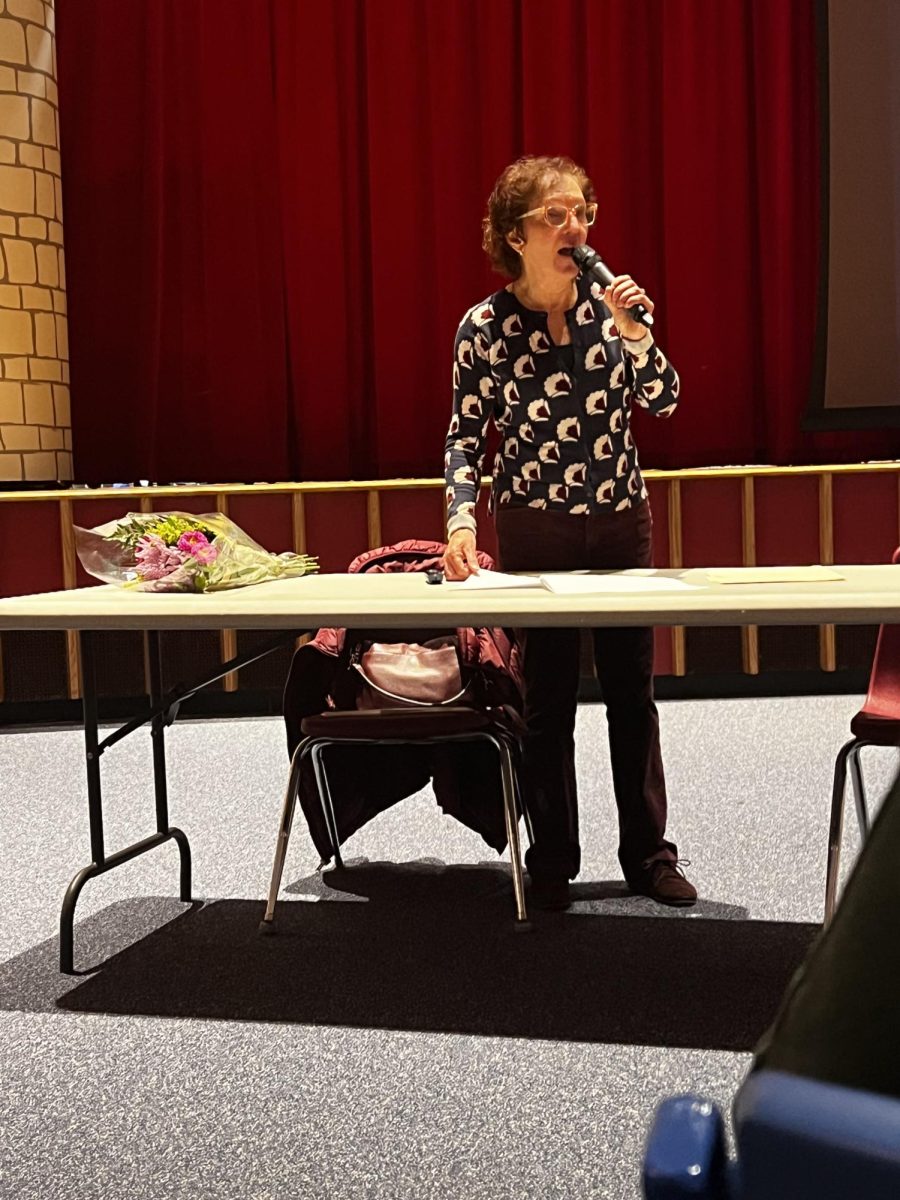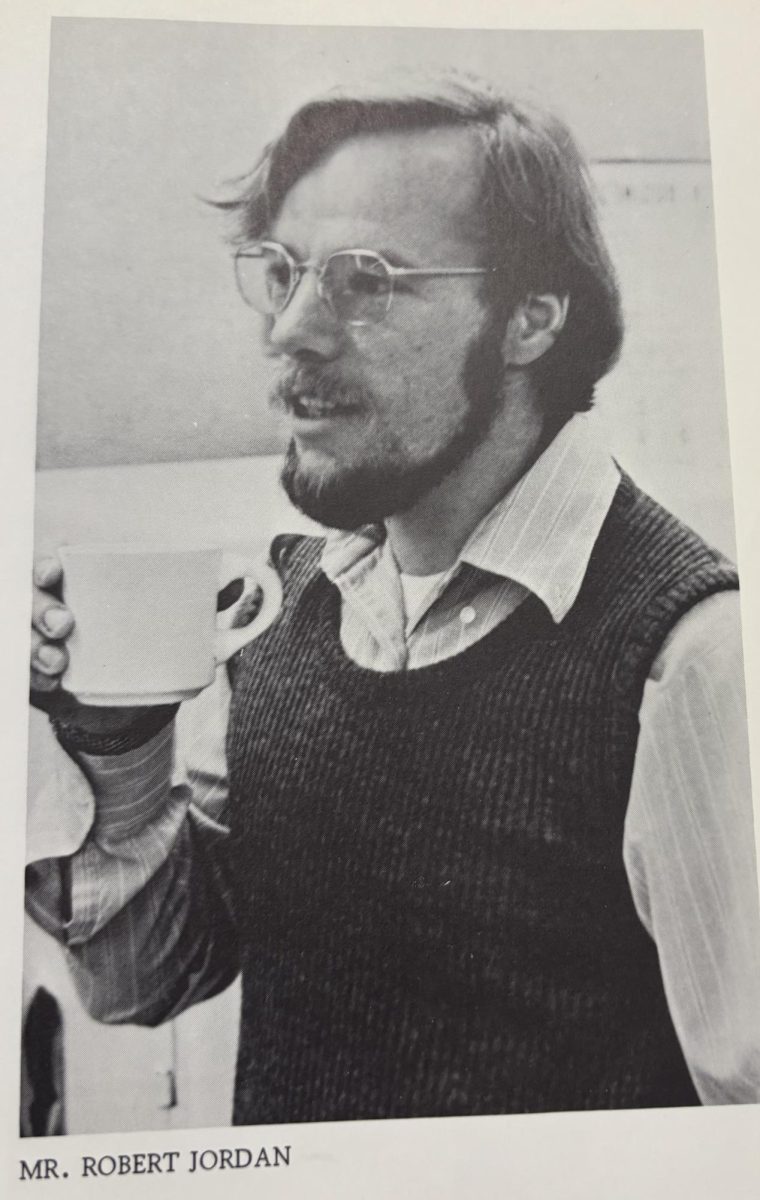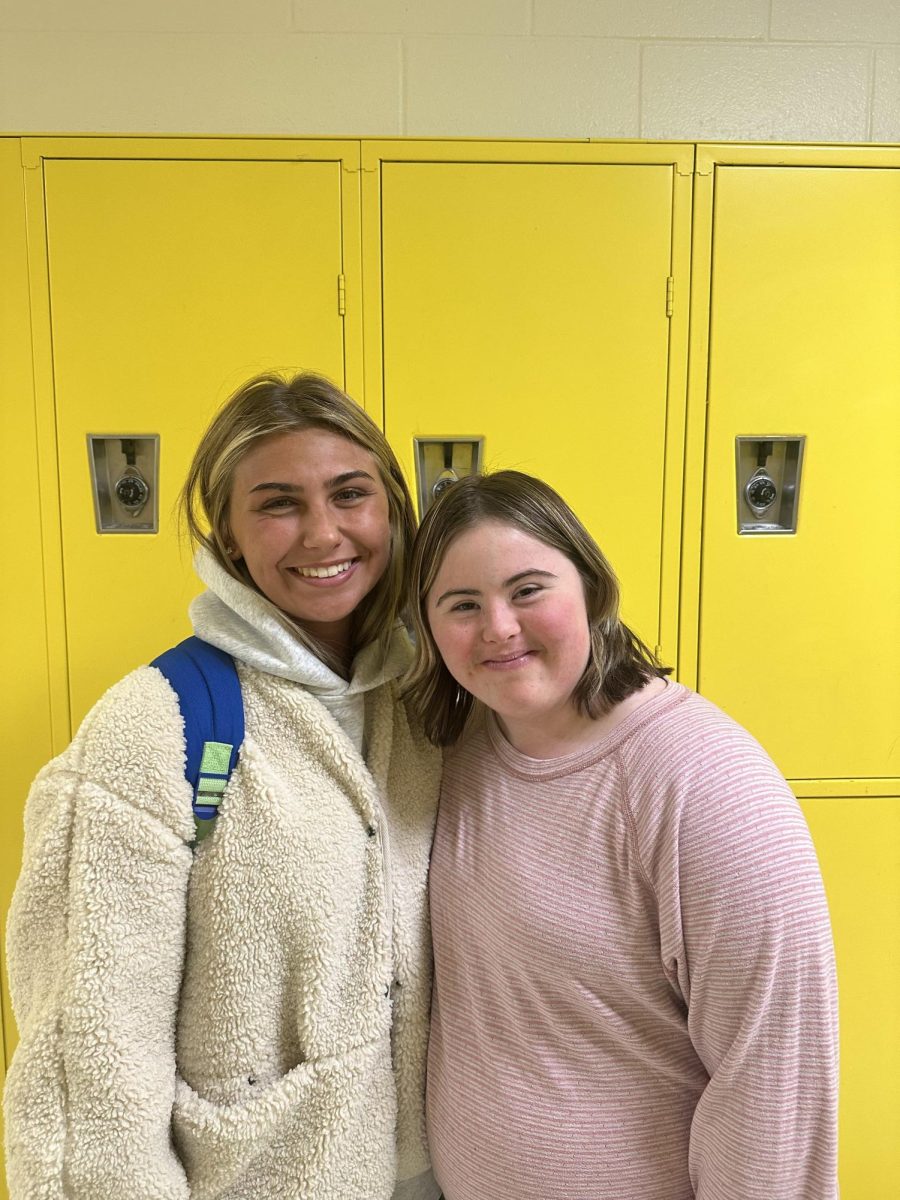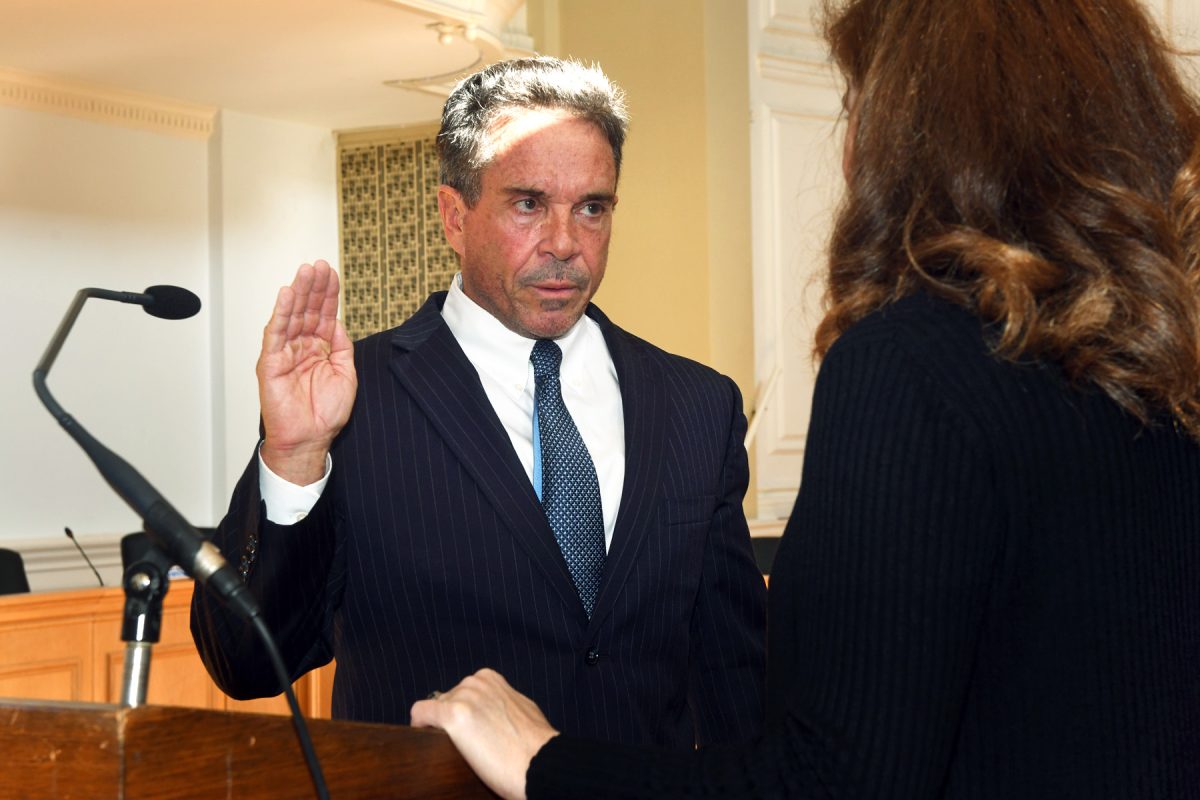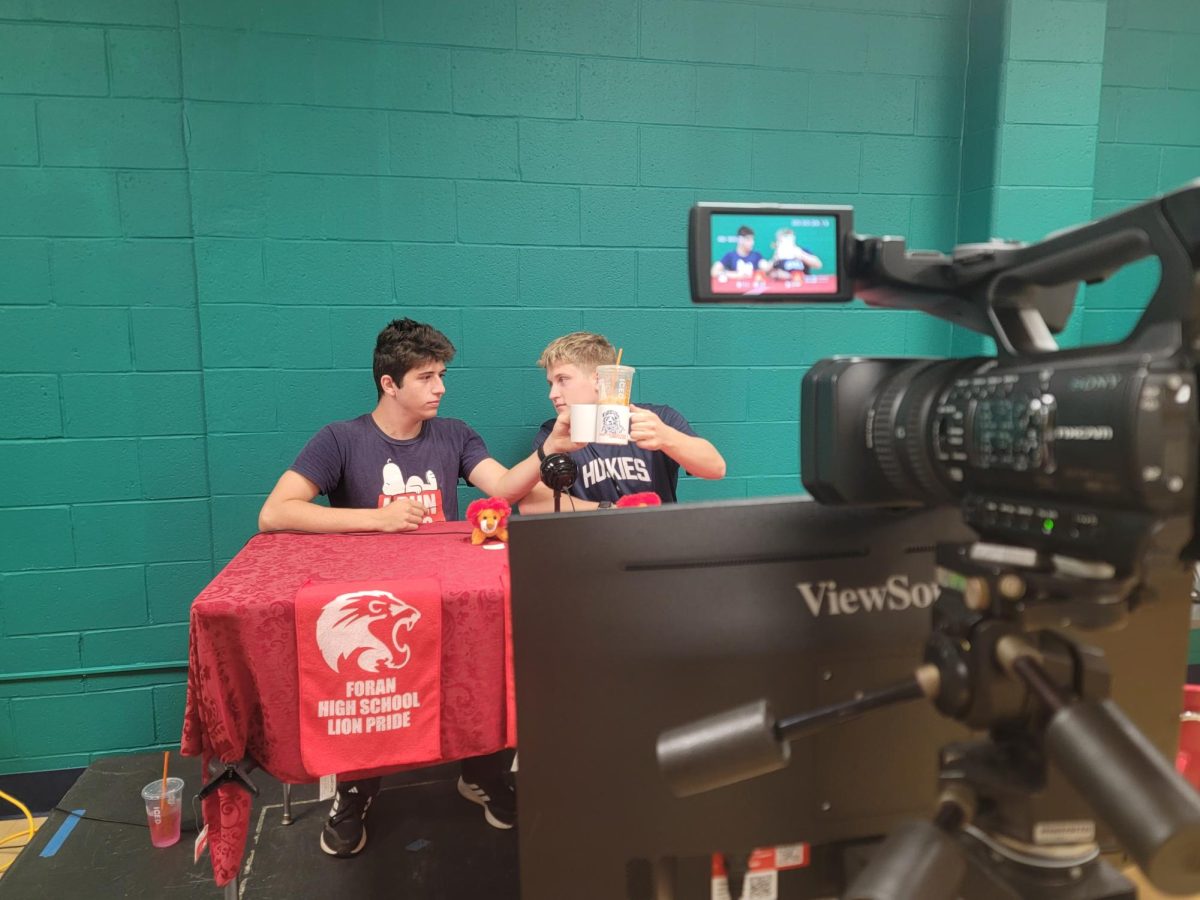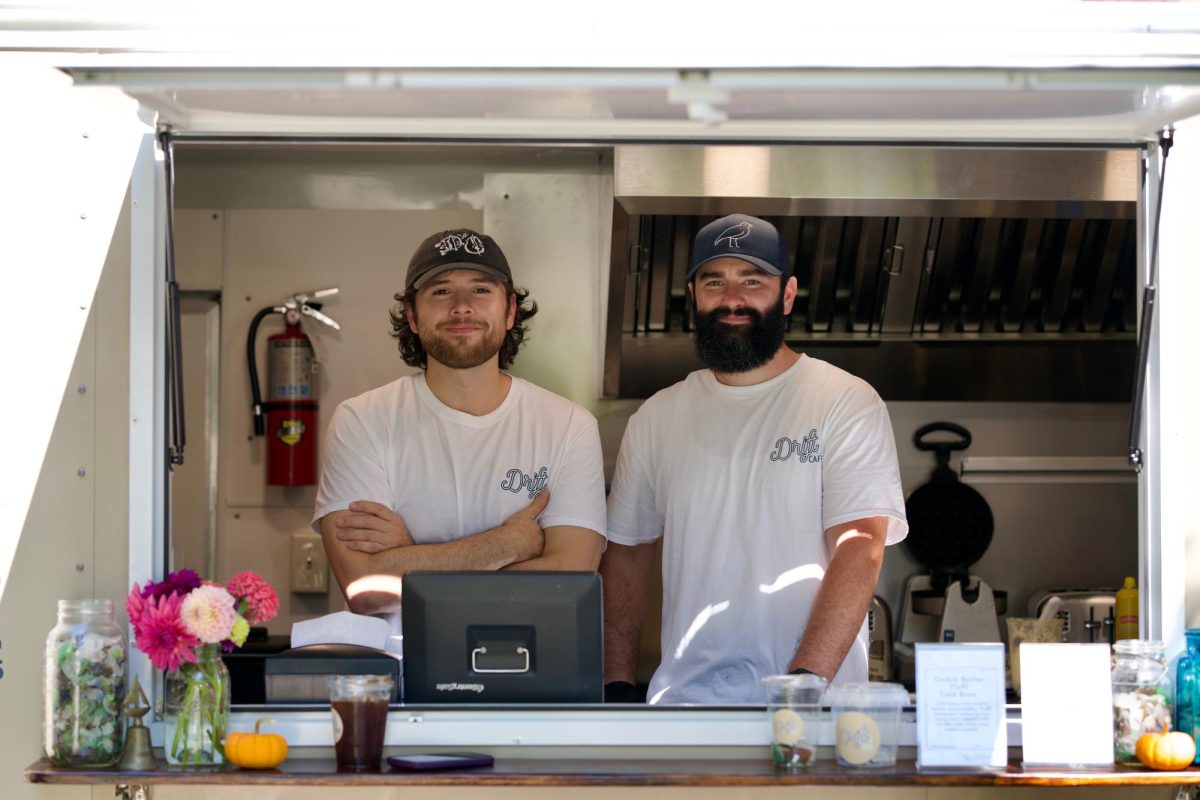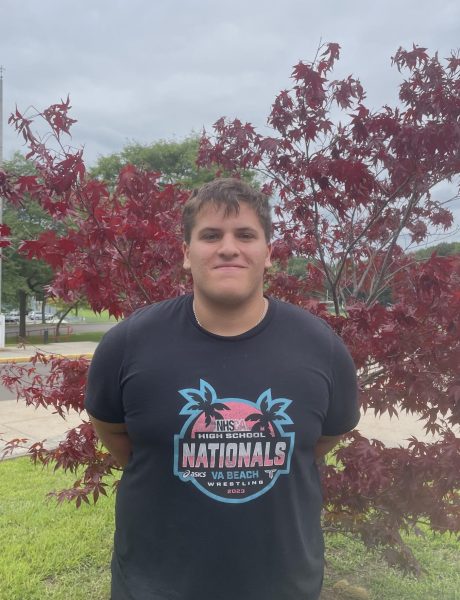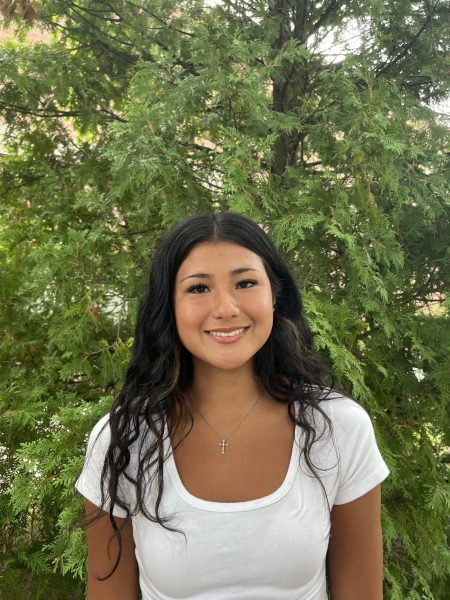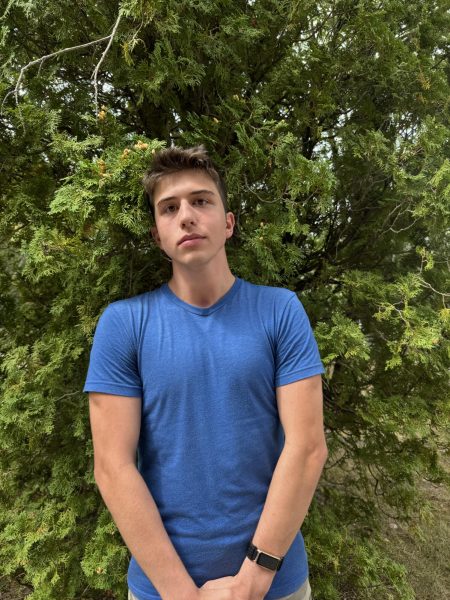Horrific, inhumane, and cruel are all words that have been used to describe the Holocaust. From 1933 to 1945, six million Jewish individuals lives were taken by mass genocide, an event known as the Holocaust. Those who survived were liberated on January 27, 1945. This day is now recognized every year as International Holocaust Remembrance Day. The purpose of this day is to expand and promote Holocaust education throughout the world.
Susan Unrad, daughter of t Holocaust survivors, Elmer Zeif and Gizella Grosz, grew up unaware of what her parents experienced. However, as she got older, her knowledge of the Holocaust expanded. From picking up on what her family said in Hungarian to watching movies about the Holocaust in school, Unrad put the pieces together and discovered what her parents went through.
After she visited a concentration camp in the Czech Republic, similar to the ones her parents were taken to, she says she thought, “Is this what my family went through?”
Her father, Elmer Zeif was born in Hungary. Shortly after establishing his first family, they were taken in June 1942 by Nazis. Her father was separated from his family and rode on a train to a labor camp. At the labor camp, he was forced to march to Siberia, remove valuables from the dead, and participate in very hard labor.
Her mother, Gizella Grosz was taken to Auschwitz, a concentration camp. Her mother had to shave her head, was given little food, and was also forced to do hard labor. Later she was sent to a labor camp until she was liberated in 1945.
Once Unrad discovered what her parents went through, she educated herself on the events of the Holocaust. Her parents, specifically her mother, were not comfortable speaking about her experiences because of the trauma it had caused.
However, Unrad believed that the events her parents went through was a part of who she was. She made the decision to join a second generation group and got in touch with Holocaust survivors to further her knowledge on the horrific actions of the Holocaust.
Now, she uses her knowledge and her parents’ experiences to teach youth about the Holocaust. She uses every opportunity and presents at “as many [schools] as possible.”
Unrad teaches students because the Holocaust is something that should never be forgotten. She hopes that the people she teaches use their learnings to educate the new generation.
All individuals who fell victim to the Holocaust experienced traumatic and life altering experiences.
Freshman student, Madison Queiroz states, “It was important to learn about because it happened in history and it’s important to learn about what happened in someone else’s life.”
“Don’t let hatred stand in any form, be an upstander, stand up for what is right,” says Unrad.


